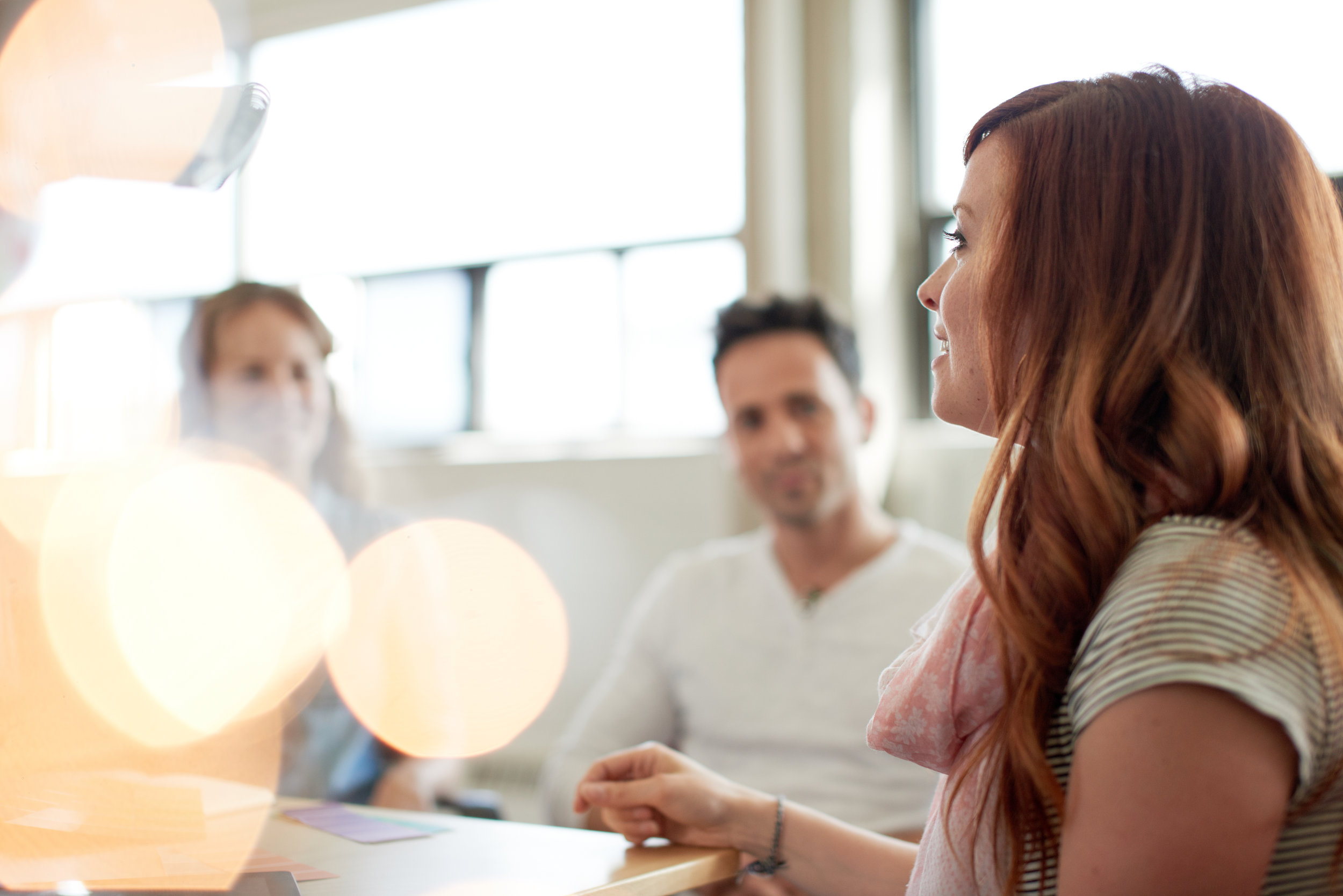Our educational philosophy is to help people fulfill their own goals and reach their highest potential. Our hope is to strengthen individuals by challenging their ideas and beliefs and to encourage them to become more open-minded towards people in the world around them. Our educational approach is informed by humanistic learning theorists, such as Carl Rogers and Abraham Maslow because their principles of personal involvement and self-initiation resonate with our values about education. Our educational approach is also rooted in anti-oppressive methodology as we aim to center marginalized identities and emphasize the intersectional nature of the work that we do. We believe it is important for students to be aware of their own perspectives and how those ideas influence their work as well as their classmates. We often build in time during lectures for students to reflect on the process of learning sexuality-related content including increasing an awareness of their thoughts and feelings.
As educators, we prefer to facilitate group discussions, so that each participant is able to take initiative in exchanging their own ideas, a major tenet of humanistic learning*. Allowing people to self-initiate conversations about sexuality-related content builds efficacy in their understanding, while also serving as an opportunity for all participants to contribute and feel heard by their peers. When teaching about sexuality-related conversations, we often incorporate role-plays because they provide an opportunity for participants to actively engage with the course content while utilizing their unique talents and potential, including personal style. We invite students to utilize their own creativity in their assignments and have fun while learning.
*Citation: Knowles, M., Holton, III, E., & Swanson, R. (2012). The Adult Learner, 7th edition. Woburn, MA: Butterworth-Heinemann.


























